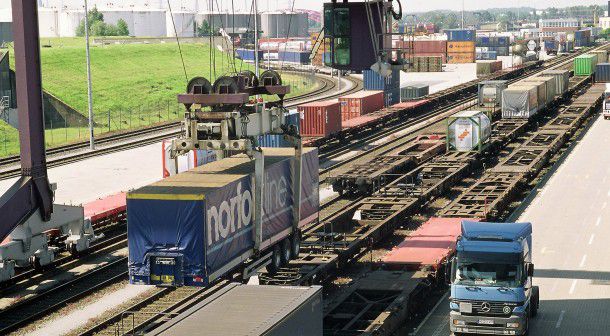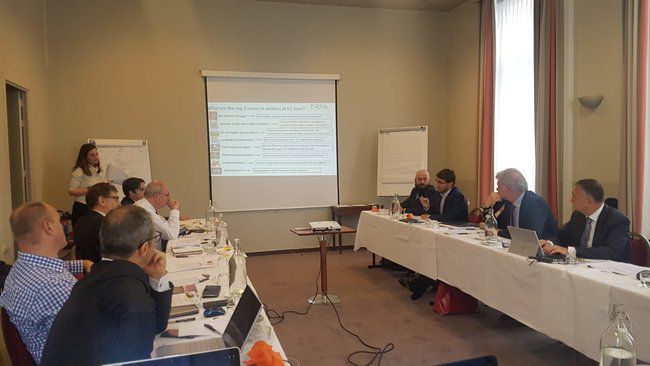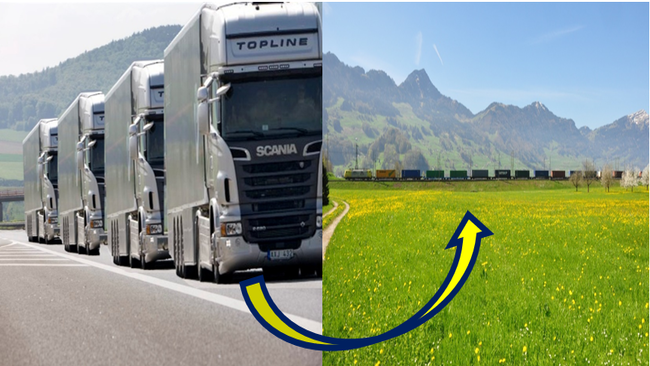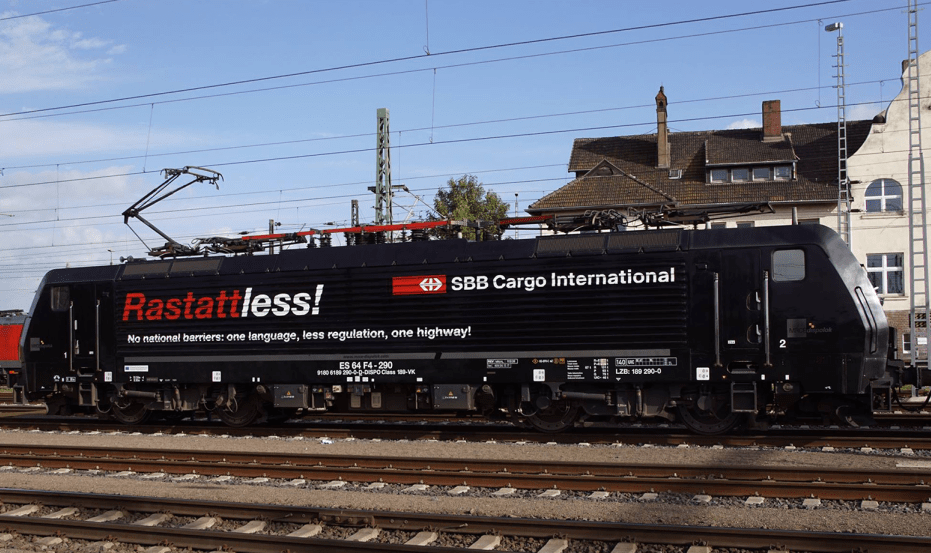During the ERFA Board of Directors meeting of 20th November, the ERFA Board of Directors unanimously elected Mr. Dirk Stahl (BLS Cargo) as the new ERFA President. Mr. Maciej Gladyga was elected as the Vice-President of ERFA.
Read moreThe recent suggestion of Belgian minister of Transport, Mr François Bellot, to revert to the situation before the rail unbundling implemented in 2005 raises serious concerns regarding the impartiality of the infrastructure manager. To accelerate the growth of the European Rail Freight market, and to ensure the true completion of the single European Railway Area, it is crucial that infrastructure managers stay and, in some cases, finally become independent and impartial.
Read moreERFA Appoints Mr. Conor Feighan as New ERFA Secretary General
Read moreOn 19th of July 2019 the state owned Slovakian Cargo rail company has been condemned for abuse of dominant position for having refused to sell/lease rolling stock. It happened after 10 years judicial proceedings. Penalties for such unacceptable attitude are too low and delays too long. Read the ERFA press release for more details.
Read moreERFA and ALLRAIL join forces to make rail traffic grow. List of improvements sent to the new MEPs at the starting point of the new legislative period. Second hand rolling stock market is key for freight.
Read moreERFA welcomes the European Commission?s decision to prohibit the merger between Siemens and Alstom. Siemens-Alstom: thanks to the Commission for its perseverance in the enforcement of competition rules. Next step: to ask for a real market access reciprocity.
Read moreCER, ERFA, FEPORT, UIP and UIRR express their deep concerns on how CT will remain competitive in a marketplace where homogeneous EU-wide rules are replaced by Member State choices. The associations issuing this statement call on the Romanian Presidency to ensure wins for Combined Transport in the impending trialogue process and to align more closely with the ambition of the European Parliament position.
Read moreOn the occasion of the Rail Freight Day in Vienna ERFA President Lindsay Durham highlighted the importance of increasing efficiency and reducing costs through a more standardised infrastructure as well as the reliability of rail services by putting in place incentives for Infrastructure Managers to deal with recurring problems on the network and an improved framework for delivering competition within rail.
Read morePrivate rail freight companies, represented by ERFA, held their annual strategy workshop in Brussels this week. The conditions needed to boost rail freight growth in Europe and to drive rail?s attractiveness for customers on quality, reliability and cost issues were the main themes of the day.
Read moreCER, EIM, ERFA, UIP, UIRR and UNIFE share the view that the Graz Declaration can mark the beginning of a new era of clean, safe and affordable mobility for the benefit of Europe?s citizens, the environment, and society at large, and reiterate the importance of keeping rail at the heart of national and EU policies for a decarbonized and clean transportation of the future.
Read moreOne year after the reopening of the Rastatt line ERFA, NEE and UIRR highlight the lessons learnt and the positive steps taken to tackle rail freight's weak points, while mentioning some issues that remain open to this day. Never again must the closure of a small stretch of railway line lead to such chaos and wide-reaching economic damage.
Read moreMany rail freight services cross the borders of countries where different languages are spoken. At the moment European legislation states that locomotive drivers must be B1 level competency in every country in which they drive a train. This means that rail freight operators must invest in expensive training and that they must carefully roster their train drivers to only drive on certain routes.
Read more
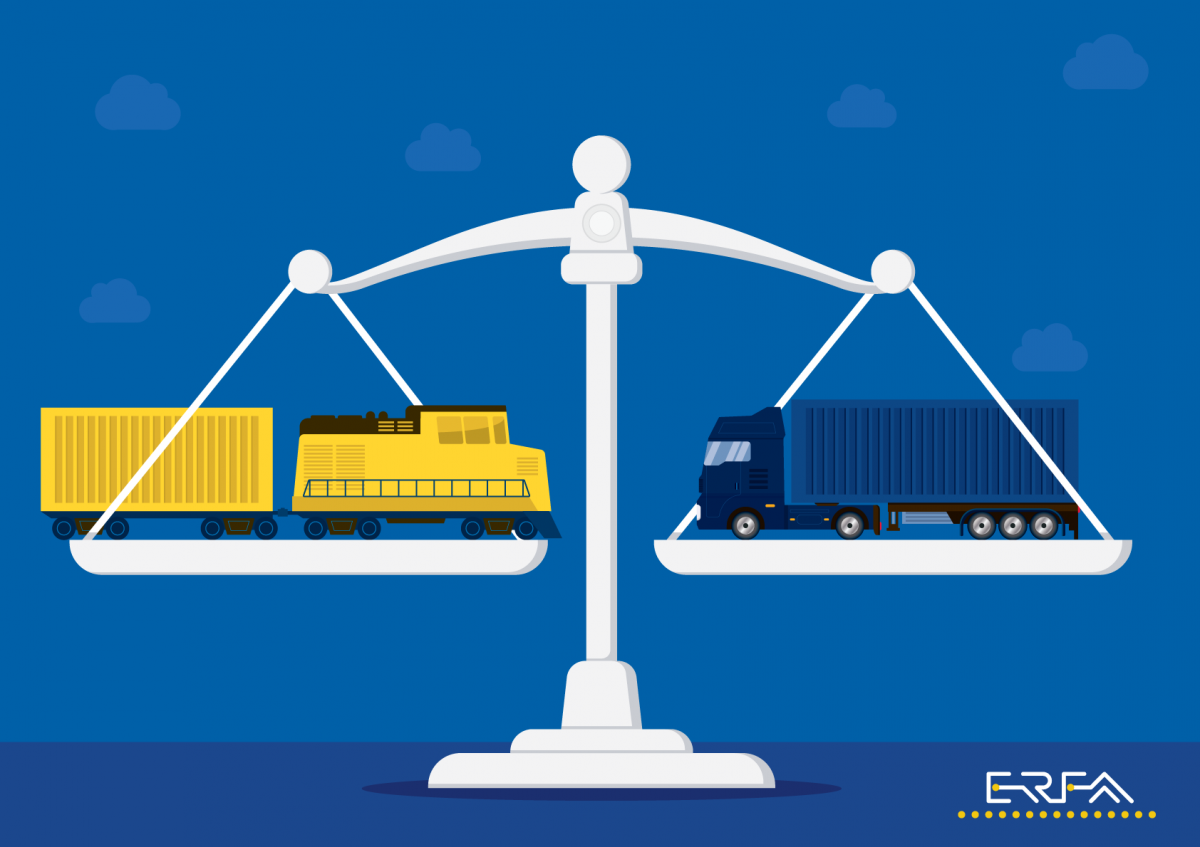

-1566320939.jpg)


